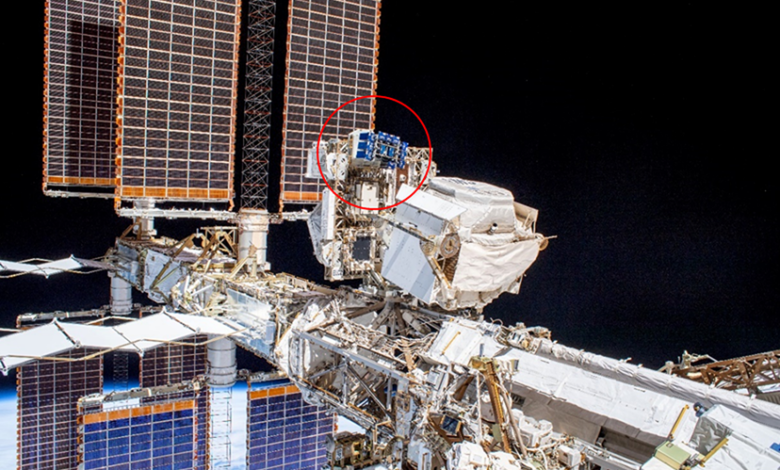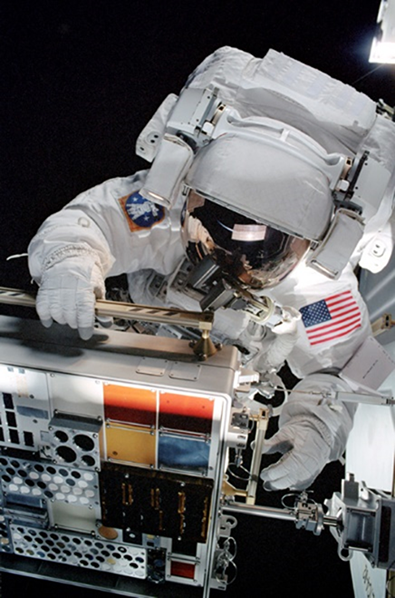
Insomnia problems, various pains, congestion and allergies are all common ailments for those taking part in a space mission. Here because access to medical supplies is a major concern for astronauts. So, how to make a certain drug last under extreme conditions  of space exploration?
of space exploration?
A question that agencies have often attempted to answer. On the other hand, the use of drugs by American crew members on the International Space Station (ISS) has been already monitored between 2002 and 2012.
According to the data collected, the astronauts have used sleeping pills 10 times more often of the "terrestrials". They also used a lot of ibuprofen for pain from spaceflight pressure changes, higher carbon dioxide levels, and joint problems.
On the other hand, unfortunately, the longer the space flight and the greater the chances of suffering from acute pathologies, with quite common health problems such as a weakened immune system, bone decalcification and low blood pressure.
On Earth, most drugs expire within a year but in space, that's it it can occur even earlier, due to cosmic radiation and other extreme conditions, unless a protective system is used under controlled conditions.
So to figure out how to extend the lifespan of drugs in space, Dr Volker Hessel of the University of Adelaide has formed a team of researchers to ship several common drugs into spaceand study its evolution.
 One of the main objectives was to understand how theand space radiation could affect ibuprofen (which is widely used). The ISS astronauts then placed six tablets in the Materials International Space Station Experiment (MISSE), a system of four containers (the size of a suitcase) positioned outside the ISS. So as to experience the real hostile conditions of space.
One of the main objectives was to understand how theand space radiation could affect ibuprofen (which is widely used). The ISS astronauts then placed six tablets in the Materials International Space Station Experiment (MISSE), a system of four containers (the size of a suitcase) positioned outside the ISS. So as to experience the real hostile conditions of space.
After a year, only two of the six ibuprofen tablets have retained their physical and chemical properties. Furthermore, a fact that made the team think was that some excipients contained in certain tablets of the drug protected it from degradation.
Volker and his group then coated some tablets with iron oxide, which thanks to its high density is able to block gamma radiation, in such a way as to compare its new protection with that offered by some of the artificial chemical flavors that had helped preserve ibuprofen tablets.
From the data obtained, still raw, they understood that a particular type of radiation, beta radiation (involving high-energy electrons), can collide with molecules, breaking their atomic bonds and turning them into free radicals that can react with other molecules. This causes a chain reaction responsible for rapid degeneration of the tablet.
This new knowledge could help produce more durable drugs for space exploration. With SpaceX that plans to send humans to Mars by 2030, the astronauts will badly need medicine that can last throughout the journey.
Source: evermeye.it – 17 August 2022 by Biagio Daniele Rapinese
Related news: Materials International Space Station Experiment (MISSE)
Space Medicines for Space Health – ACS Med. Chem. Lit. 2022, 13, 8, 1231–1247 Publication Date:April 28, Published in issue August 11, 2022





